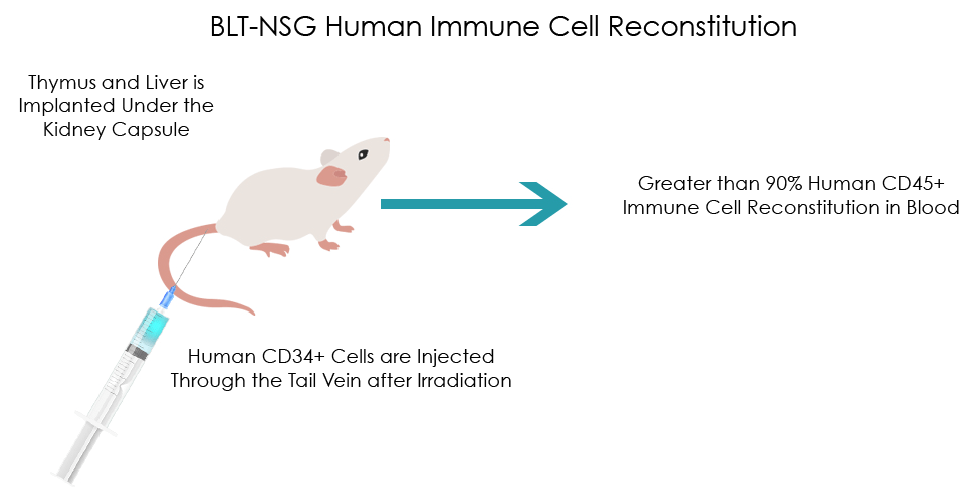Developing a New
Approach to Cancer
Immunotherapy
Supercharging the Innate Immune System™
Just as T-cells are the core of the adaptive immune system, Natural Killer (NK) cells are the core of the innate immune system. As such, NK cells are unique in their ability to identify and destroy cancer stem and stem-like cells and trigger the differentiation of aggressive undifferentiated tumors to make them more susceptible to other forms of cancer treatment, including chemotherapy, radiation therapy, check point inhibitor therapy, and CAR-T therapy. These characteristics are unique to NK cells and demonstrate why they are indispensable in the development of more effective, less toxic treatment options for patients.
The future of cancer treatment is cellular-based immunotherapies using allogeneic or autologous Supercharged NK Cells™ that can be used alone or in combination with other treatment options to significantly improve patient outcomes while lowering the overall cost of care.
Our Previous Studies
- Natural Killer (NK) cells target and kill cancer stem cells but not their differentiated counterparts (Current Opinion in Immunology 2018, 51:170–180)
- NK cells play a significant role in differentiation of cancer stem cells (Current Opinion in Immunology 2018, 51:170–180)
- CD16, NKp46 and TLR triggering on NK cells mediate cellular differentiation (Frontiers in Immunology, 1664-3224, 10.3389/fimmu.2015.00576)
- Secreted and membrane bound TNFα and IFNγ from NK cells mediate differentiation of cancer stem cells (Frontiers in Immunology, 1664-3224, 10.3389/fimmu.2015.00576)
- Immune inhibitory microenvironment in the pre-cancerous lesion and cancer results in multiple defects in NK cells (Frontiers in Immunology, 9. doi:10.3389/fimmu.2018.01229,
Cancer Immunology, Immunotherapy, 71(5), 1033-1047. doi:10.1007/s00262-021-03044-w)
- Osteoclasts as a feeder cells are superior to induce cell expansion and functional activation in NK cells (Oncotarget, 20002–20025, 10.18632/oncotarget.6431;
Frontiers in Immunology, 8. doi:10.3389/fimmu.2017.00297)
- Super-charged NK cells induce significant killing and differentiation of stem-like oral melanoma and pancreatic tumors, and also inhibit the progression of these tumors in humanized mice; and therefore they are currently under production for use in human clinical trials (Oncoimmunology, 7(5), e1426518. doi:10.1080/2162402X.2018.1426518; Cancers 12, no. 1: 63. 10.3390/cancers12010063; Crtitical review in immunology, 10.1615/CritRevImmunol.2023050618)
Advancing Research Using Humanized Mice
NKore's supercharged NK cells resulted in tumor inhibition and differentiation of tumors in humanized mice. Humanized mice are generated by surgical implantation of human thymus and liver fragments in renal capsule followed by CD34+ IV injection into NSG mice. Immune cells in the peripheral blood and other tissue compartments of these mice express greater than 90% human CD45 surface expression.
Major Defects in NK Function in Cancer Patients
• Decreased surface expression of NK cells activating receptors
• Decreased direct cytotoxicity and antibody-derived cellular cytotoxicity (ADCC) against cancer
• Decreased secretion of IFNγ and TNFα
• Decreased potential of NK cell-secreted IFNγ to induce differentiation in tumors
• Decreased ability to expand and restore functional activation under the best expansion and activation methodologies
Increased Incidence & Risk of Cancer with Low NK Cell Function
NKore
The Research
Join Our Newsletter
Contact Us
Thank you for contacting our team at NKore!
We will get back to you as soon as possible.
Please try again later.
All Rights Reserved | NKore Biotherapeutics, LLC | Privacy Policy | Terms of Service

